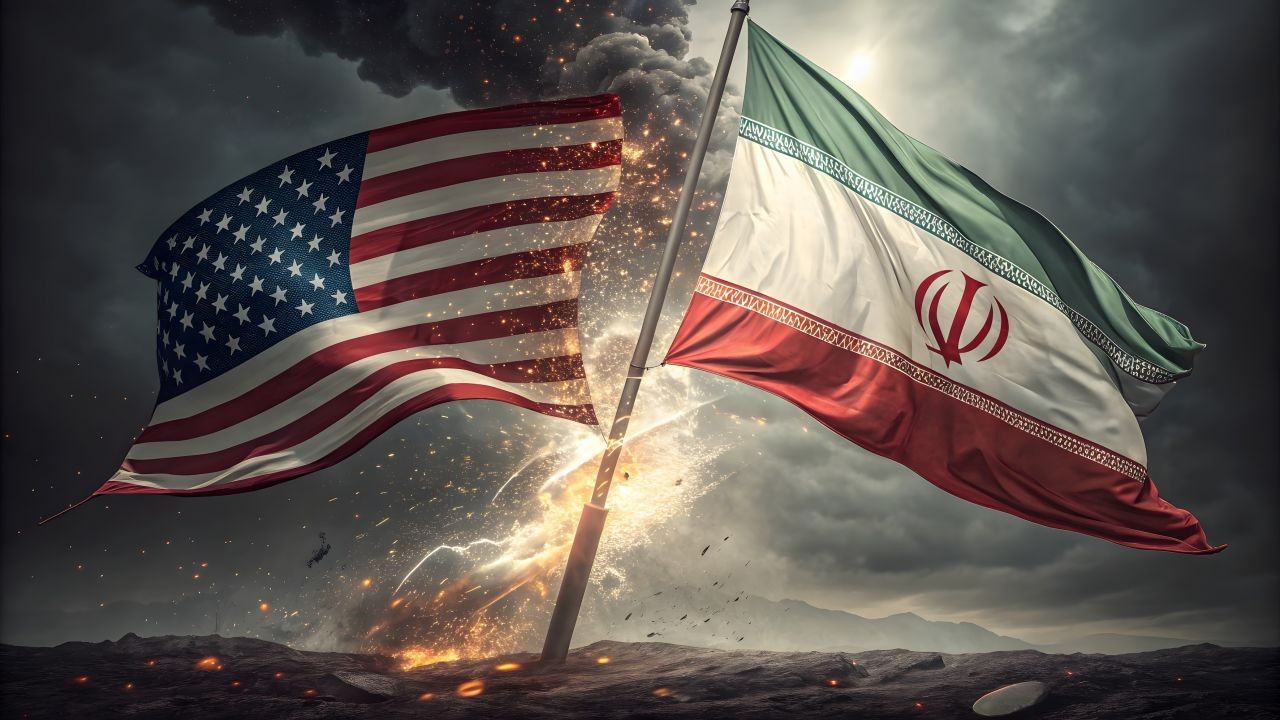Iran faces the new reality in the Middle East
US President Trump's visit to the Arab Gulf marks a critical moment in reshaping US relations with the region amid rising tensions with Iran. As Gulf States gain political and economic influence, Iran seeks to adapt, proposing a regional uranium enrichment consortium to balance diplomacy with nuclear ambitions. While skepticism lingers, Tehran sees an opportunity in the evolving US-Gulf alliance to ease sanctions, avoid conflict, and push for stability. The tour tests America's strategy and the region's future. Ahmad Abdel Rahman reports.
Trump's Gulf tour poses a real test for future relations between the US and the Arab Gulf States in a rapidly changing geopolitical landscape. Expectations have risen with Trump's visit to the region, which is considered a turning point in reshaping how America deals with the Middle East. Ahmad Abdel Rahman reports.
A new reality is taking shape in the Middle East, as evidenced by US President Donald Trump's tour of three Arab Gulf states and his affirmation of the strong, strategic relationship between his country and Saudi Arabia. This relationship is shaping a new landscape for the region, particularly with regard to Iran.
Iran is well aware that this new reality is taking shape at a time when its regional project has been weakened by several Israeli strikes against it and its proxies in the region following Operation Al-Aqsa Flood. Nevertheless, the Saudi-Iranian reconciliation agreement, brokered by China in March 2023, was a starting point for Tehran to avoid further negative repercussions, especially with Donald Trump's return to the White House.
Tehran has therefore been keen to maintain improved relations with Riyadh and is confident in the increasing political and economic influence of the Gulf States. Saudi Arabia can play a role in improving relations between Tehran and Washington. At the same time, Iran can benefit economically from improved relations with the Gulf States as part of confidence-building measures.
Trump's Gulf tour represents a real test for future relations between the US and the Arab Gulf States in today's fast-paced geopolitical landscape. Trump's visit to the region has raised expectations, as his tour was considered a turning point in reshaping America's approach to the Middle East.
Therefore, to build trust with the Gulf States, on the one hand, and to avoid the American insistence on zero enrichment, on the other hand—a point of contention in the negotiations over the Iranian nuclear programme—Iran has proposed forming a "consortium," This is a regional union between it, Saudi Arabia, and the UAE, to operate and manage joint uranium enrichment facilities, but on Iranian soil. This move aims to convince Washington to allow Iran to continue with its enrichment process, at low levels, under Gulf and American oversight.
Although the idea is not new and has been proposed for decades, there may be concerns among Gulf States, or even the West, about the idea because Iran could seize facilities and expel employees and observers from its territory if a regional union were established.
However, despite the prevailing view within Iran that the latter could benefit from US-Gulf relations, both economically and in avoiding American military threats another group views the strength of these relations negatively. This group believes that there is an Arab lobby more powerful than Israel, seeking to restrict Iran in the nuclear negotiations by using economic and diplomatic influence, while adopting an approach of minimising Tehran's sensitivity as much as possible and obtaining security guarantees from it.
This view may stem from the traditional skepticism that the Iranian mindset has become accustomed to regarding its surroundings and the perception of threats posed by its neighbours. Iran is aware that the Gulf States are keen not to drag the region into war, especially with Iran, and that the Gulf's top priorities are regional security and stability, particularly in light of the development and economic growth plans it is witnessing. Tehran also believes that had the Gulf States not accepted Iran's neighbourly diplomacy, Trump's shift from his previous term, from confrontation to diplomacy, would not have occurred.
Furthermore, given regional changes, Iran has no choice but to pursue a diplomatic approach to address its nuclear programme in a verifiable manner, without a direct military confrontation with the US. Tehran would be better-off taking advantage of the alignment of US and Gulf strategies towards it. This would reduce regional concerns about an arms race, creating a security framework in which economic interdependence is a factor of stability.
For more news on the Middle East and North Africa (MENA), go to www.lcdmedia.net


Comments